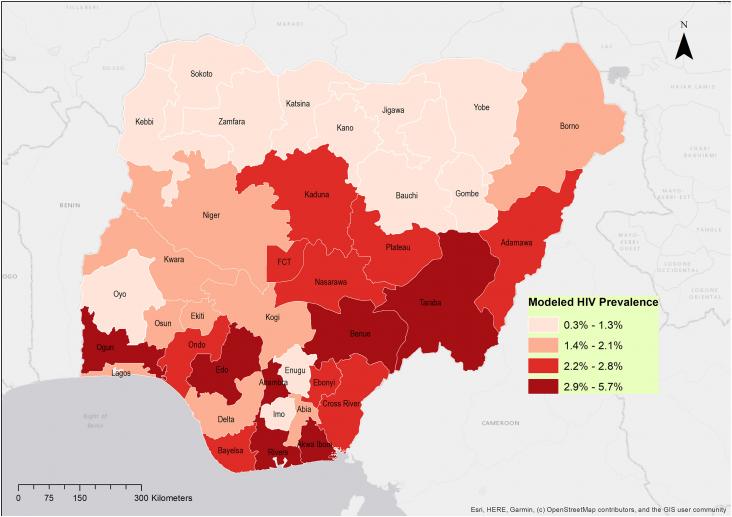
As the upcoming generation occupies a larger portion of the workforce, issues around the topic of diversity will only continue to grow in importance. Not only is Generation Z more racially and ethnically diverse than previous generations, but members of this generation are also more likely to expect employers to actively work toward cultivating diversity in the workplace. The recent DIAL Global Diversity Review, co-sponsored by XpertHR, presents comprehensive data on the practices being used to promote diversity in the workplace today. This report addresses various facets of diversity from gender and ethnicity to socioeconomic status and parenthood, promoting SDGs 5, 8 and 10.
climate change interacts with historical colonialism to shape fisheries in small island developing states. Greater attention to fish as food can improve food sovereignty and reduce historical inequalities

Population-based surveys are expensive and time consuming. By determining state-level seropositivity using national testing service data and a Bayesian linear model, a map of HIV prevalence was generated across the whole of Nigeria. By identifying the areas in which HIV is most prevalent interventions can be targeted. This less resource intense Bayseian method allows for national monitoring of HIV prevalence.
Elsevier,
Brain Responses to Auditory Mismatch and Novelty Detection
Predictive Coding from Cocktail Parties to Auditory-Related Disorders
2023, Pages 221-269
This content aligns with Goal 3: Good Health and Wellbeing and Goal 10: Reduced Inequalities by highlighting the differences between low- and high-functioning ASD and age dependence of ERP findings in ASD, ADHD, and dyslexia; the effects of language impairment; and the role of ERPs in diagnosing between ASD and ADHD.
Elsevier,
Psychosocial Experiences and Adjustment of Migrants, Coming to the USA. 2023, Pages 391-418
Ongoing attention must be paid to these psychological dimensions for migrants and refugees, as well as further research, de-stigmatization, and education of governments and other stakeholders during the Compacts' implementation, review, and follow-up period, supporting SDG3.

Lowitja Institute and Elsevier are pleased to announce the launch a new international journal in 2023. First Nations Health and Wellbeing - The Lowitja Journal aims to uphold First Nations rights to sovereignty and self-determination within research practice. It is a community-controlled, international, inter- and multi-disciplinary peer-reviewed online open access journal that is dedicated to expanding access to First Nations research. The first issue of the journal is scheduled to be published later in 2023. All papers must include substantive contributions by First Nations authors and will be peer reviewed by experts in the field of the submitted work. The Editorial Board is international and the journal welcomes papers from First Nations researchers from all over the world.
This paper reviews the unique perspective that Indigenous People have on the HIV/AIDS epidemic, and the interactions between Indigenous Identities and HIV. The authors call for a human rights based approach to ending the HIV epidemic among Indigenous Peoples.
Explores the impact and consequences of not being able to make trips because of transport disadvantage. Explicitly does so in relation to SDG goal 11.2.
This Perspective explores the sources of bias in medical machine learning, and how these can contribute to unequal performance, for example for women. The authors discuss methods for mitigating bias, hopefully leading to more equitable use of machine learning in healthcare.

Recognising our customers' exceptional work to achieve the United Nations' Sustainable Development Goals
